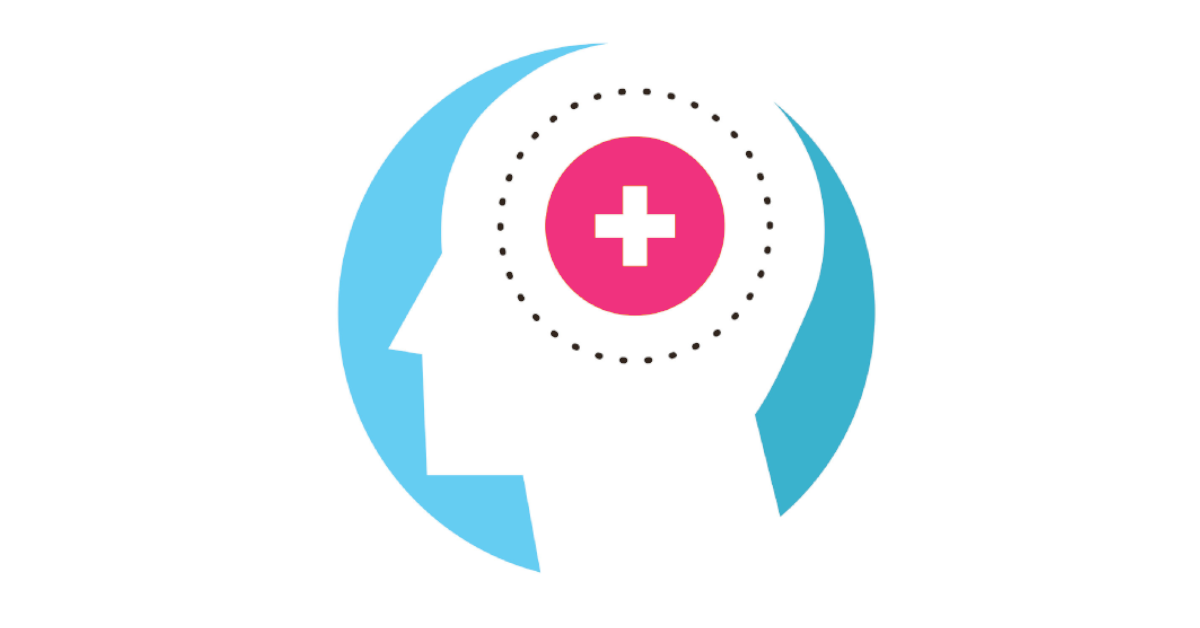News from Alertacall plus articles and insights on how to enhance outcomes for people with higher needs in the housing, health and social care sectors.
assistive technology and dementia
There is now a wide range of technology available which is designed to help people live more independently in their own homes. This ‘assistive technology’ comes in a variety of forms, from panic alarms to motion sensors, locator devices to ‘assistive apps’ for smartphones and tablets. The British care and research charity, the Alzheimer’s Society, take the view that ‘assistive technology has the potential to offer benefits to people with dementia and their carers in specific circumstances’*.
In this article, we identify three main factors that should be taken into careful consideration when choosing assistive technology to support people with dementia:
- Assistive technology should be introduced as early as possible
- Assistive technology must be personalised to suit the individual
- Assistive technology must not be a replacement for human contact
Introduce the assistive technology as early as possible
As with many illnesses, the earlier the diagnosis of dementia, the better prepared and the more opportunity there is to enhance the quality of life for the person with dementia going forward. As the Alzheimer’s Society advocate: ‘getting the right support in place early may mean that an individual can continue to live in an environment of their choice with independence and dignity, and help to ensure that the appropriate assistive technology package is provided to them’*.
Earlier access to assistive technology increases the likelihood of a person getting used to the technology as part of their daily routine. Furthermore, assistive services like WellBeing Proactive will be able to detect any changing habits or needs of the user over time based on how an individual interacts with the service. Such a service can highlight if a health issue is improving or deteriorating, and help to make better support decisions.
Of course, it is not always possible to diagnose dementia early. Neither should access to assistive technology always require a formal diagnosis. However, there will certainly be occasions when assistive technology can come into play early on and bring with it a whole range of benefits.
The technology must be personalised to suit the individual
In the majority of cases it is crucial that a thorough needs assessment is carried out, and that assistive technology is personalised to suit the individual’s needs. Not all types of assistive technology will be suitable, and what is suitable for some might not work for others. Various factors, such as the degree of memory loss, ability to use devices, and how well the technology fits in with a person’s usual routines, all need to be considered. It is very important that assistive technology is ‘not part of a “set menu” or “dementia package”’ because people with dementia ‘experience very different symptoms that require different responses’ which can change over time*.
Alertacall offers personalised daily contact service through a range of specialised devices, the most popular of which is the OKEachDay telephone. From contact times tailored to suit the individual, to scheduled medication reminders, appointment reminders and property checks, it is possible to provide daily contact in an unintrusive way and in complete accordance with a person’s personal preferences and medical needs. What’s more, devices like the OKEachDay telephone are easy to use and familiar even for those who are not technologically-inclined.
Importantly, none of the services provided by Alertacall require a person to wear a device, which an individual may not want to do or could be at risk of forgetting to have on them.
The technology must not be a replacement for human contact
Assistive technology, states the Alzheimer’s Society, “is only of use to some people with dementia provided it is backed up with human care, support and training”*. At Alertacall, rather than replacing human contact, the technology provided serves as a conduit to it.
Some assistive technologies, such as panic alarms, encourage the user to make first contact, and to only do so in emergencies. By contrast, Alertacall seeks to proactively make positive contact with people on a daily basis, and identify if there is a problem. Individuals control the level of interaction they have with our team, either preferring to use the technology provided to confirm that everything is ok or by choosing to talk to a member of our team. Importantly, we do not place productivity measures, such as number of calls made or call length, on our team members. Therefore, should an individual forget to press the OKEachDay button, they will simply receive a call from a member of our contact centre who will be able to take the time to listen and explain.
Furthermore, human contact can help to reduce loneliness and social isolation. Our friendly contact centre team is passionate about ensuring the best possible customer and client care and are highly trained in the needs of our customers, including dementia awareness. An open channel of communication is made not just between ourselves and customers but with families, housing providers and healthcare professionals as needed.
In conclusion
Assistive technology can certainly be a valuable aid in supporting the safety, wellbeing and independence of people living with dementia. When selecting which assistive technology to use to support those with dementia, it is important to ensure that any system and devices provided are easy to use, can be personalised to an individual’s specific needs and are adopted as early as possible so they are can be built in to a routine. While there are some great aids available to support those with dementia, where an individual is at increased risk of forgetting, it is crucial that human contact is integral to the assistive technology being delivered.
For us at Alertacall, technology is neither a replacement for human contact nor does it inhibit independence: quite the opposite. Increasing contact with people in a structured and personalised way can empower them, and at the same time help to better understand their changing needs, help to make better support decisions and ultimately help to improve their lives.
More information on dementia, and how assistive technology can support people with dementia, can be found on the Alzheimer’s Society website at: www.alzheimers.org.uk.
Alertacall provides a range of daily contact services to organisations in the housing, health and social care sectors, as well as for personal use. For more information on how our proactive approach and use of assistive technology can support you, someone you know or help your organisation improve service delivery, call us on 0808 208 1234 or email contact@alertacall.com
* www.alzheimers.org.uk/about-us/policy-and-influencing/what-we-think/assistive-technology








